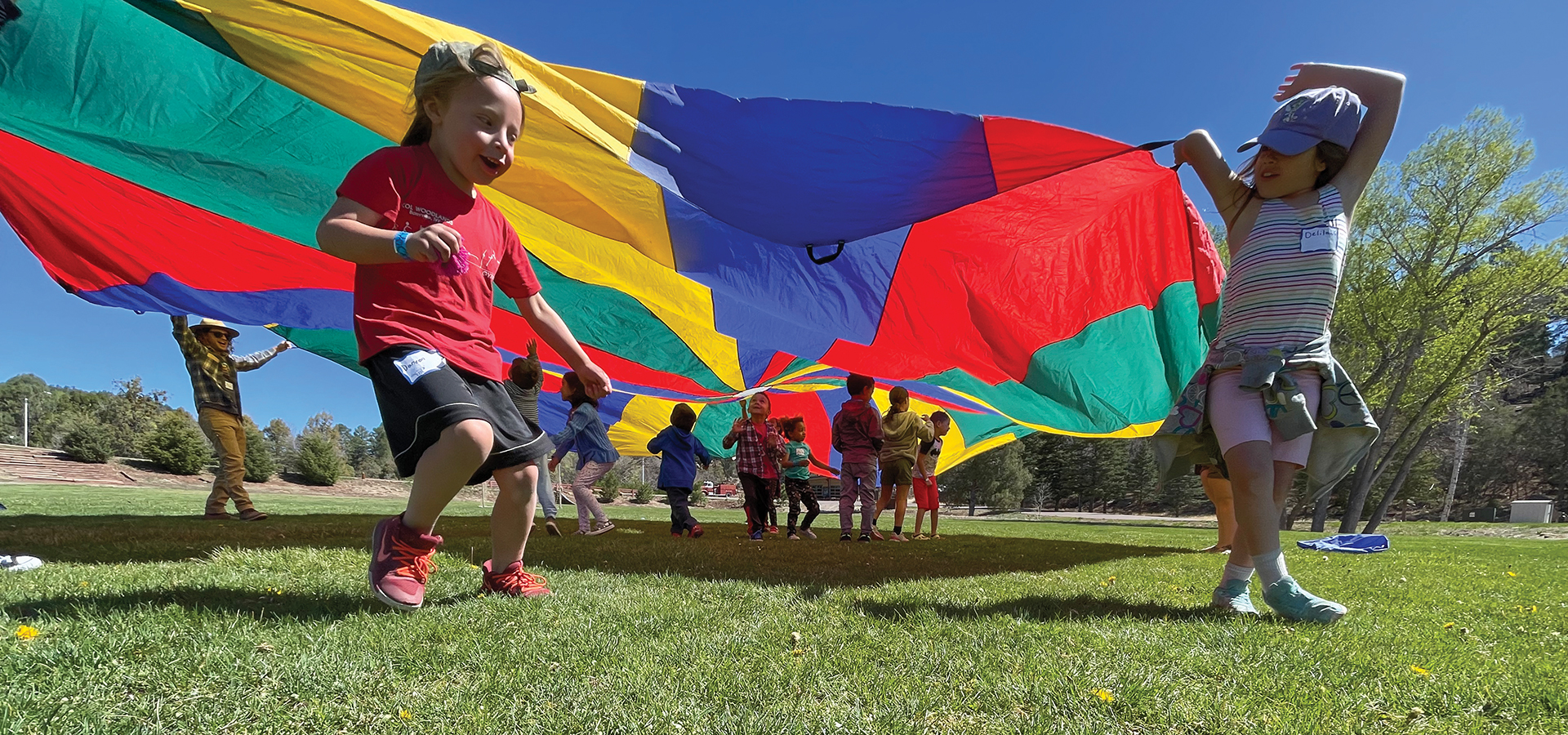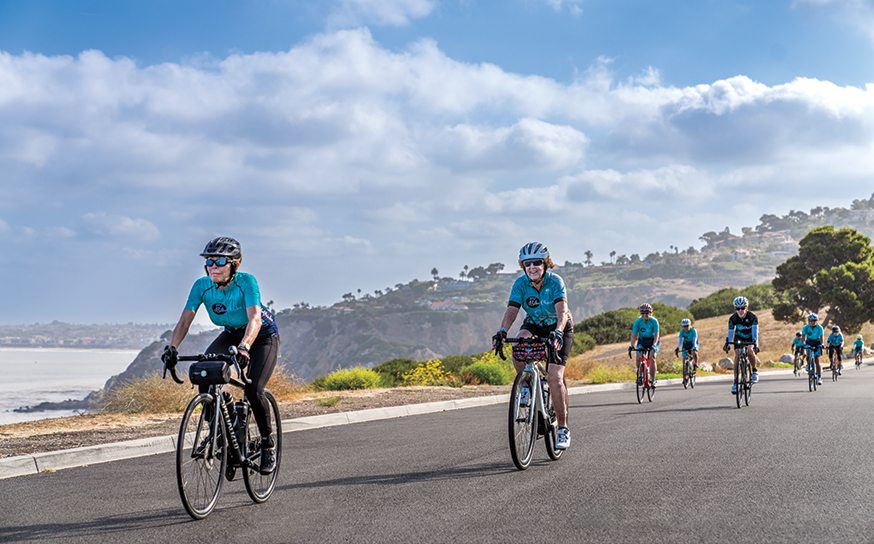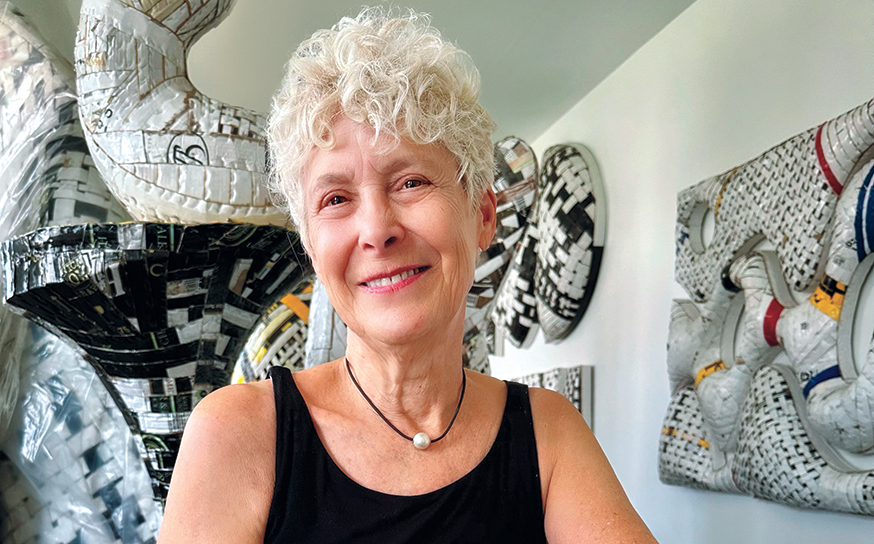When Fires, Floods, Hurricanes or Other Disasters Strike, Mikey Latner Goes to Camp
A safe space.
- CategoryPeople
- Written byDiane Haithman
When a natural disaster upends a family’s lives, parents struggle to put their home and community back together. Meanwhile, their kids need a safe space to spend the day while the adults focus on disaster recovery. Mikey Latner wanted to parlay years of working at summer camps into a position with an organization that provides that type of space for kids. That’s when he and Ozzie Baron discovered that there weren’t any.
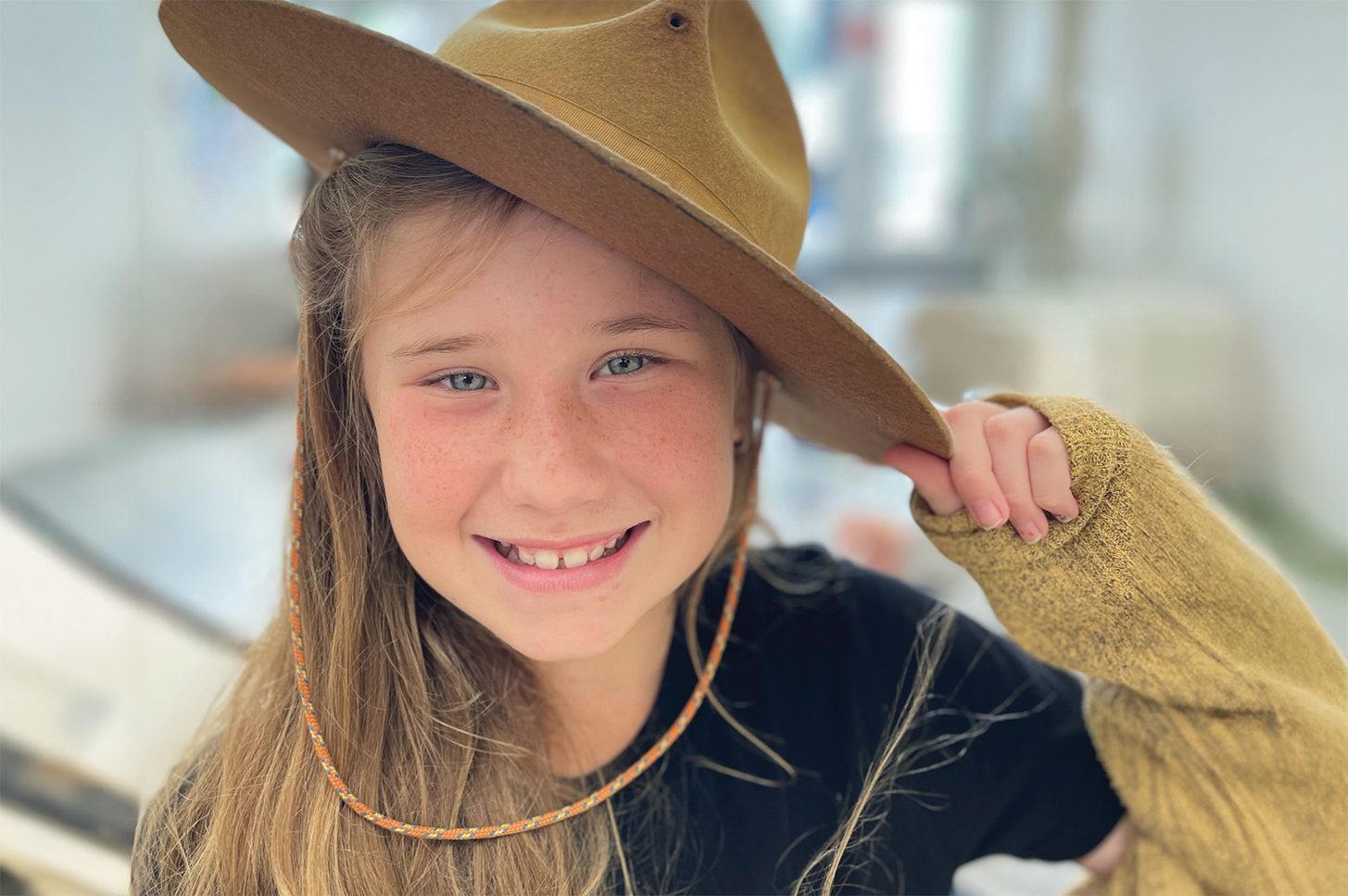
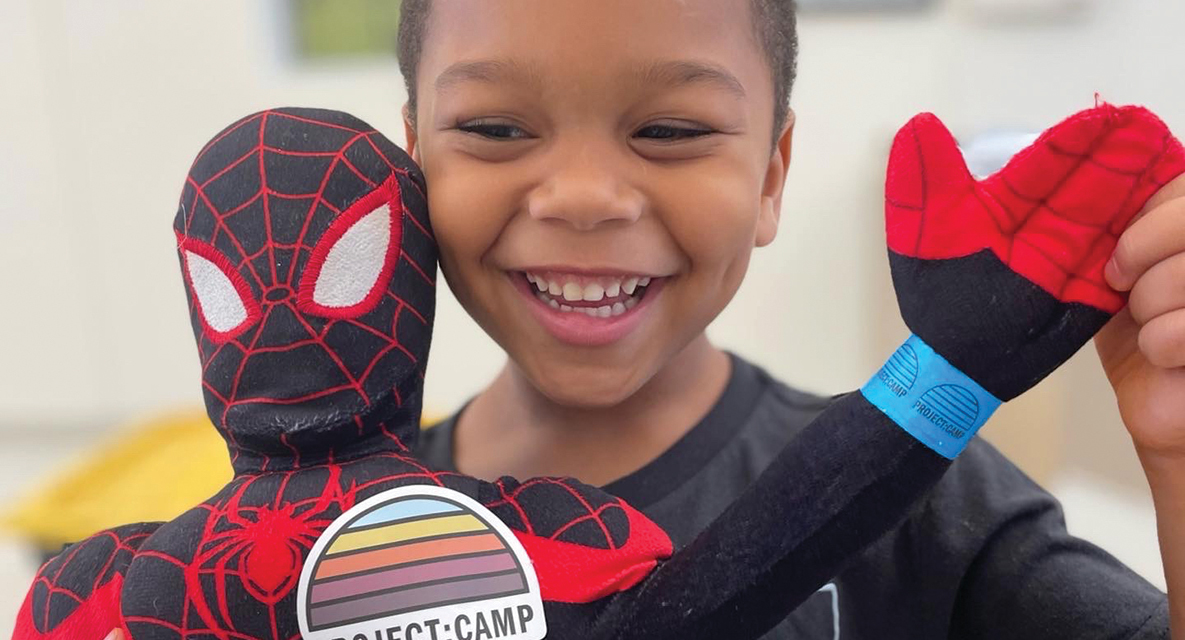
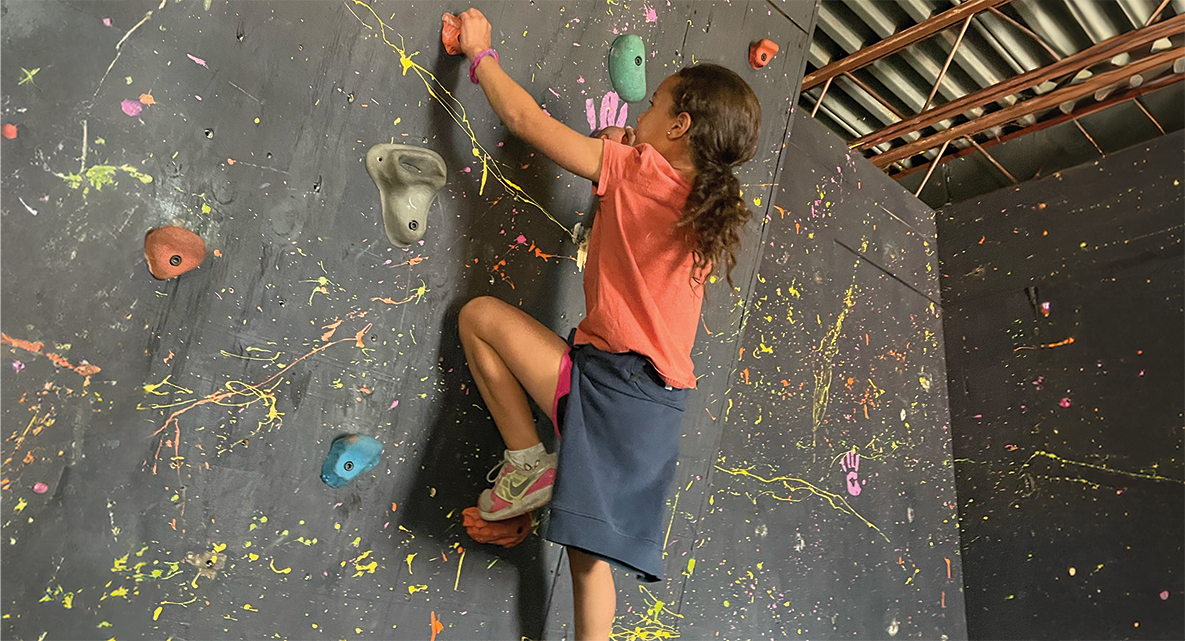
“We thought, ‘Somebody’s got to have beaten us to this idea, so let’s go work there,’” Mikey recalls during a conversation at a coffee shop near where he lives with his wife, Sasha Feldstein, the policy director of the California Immigrant Policy Center. But there wasn’t anybody doing that kind of direct response work. “So we started Project:Camp in December 2018. We were like, let’s go for it.”
Since then, Project:Camp has gone for it in multiple tough situations, providing pop-up day camps in California, Florida, New Mexico and other disaster flash points. Mikey and his team give parents the chance to deal with red tape, insurance, medical issues and, in some cases, homelessness. Project:Camp partners with local governments, nonprofits, libraries, schools and volunteers to get camps up and running as quickly as possible.
Recently, Project:Camp was on the ground following the Maui fires. “Our program offers a return to a sense of safety and routine,” says Mikey, who serves as the nonprofit’s executive director.
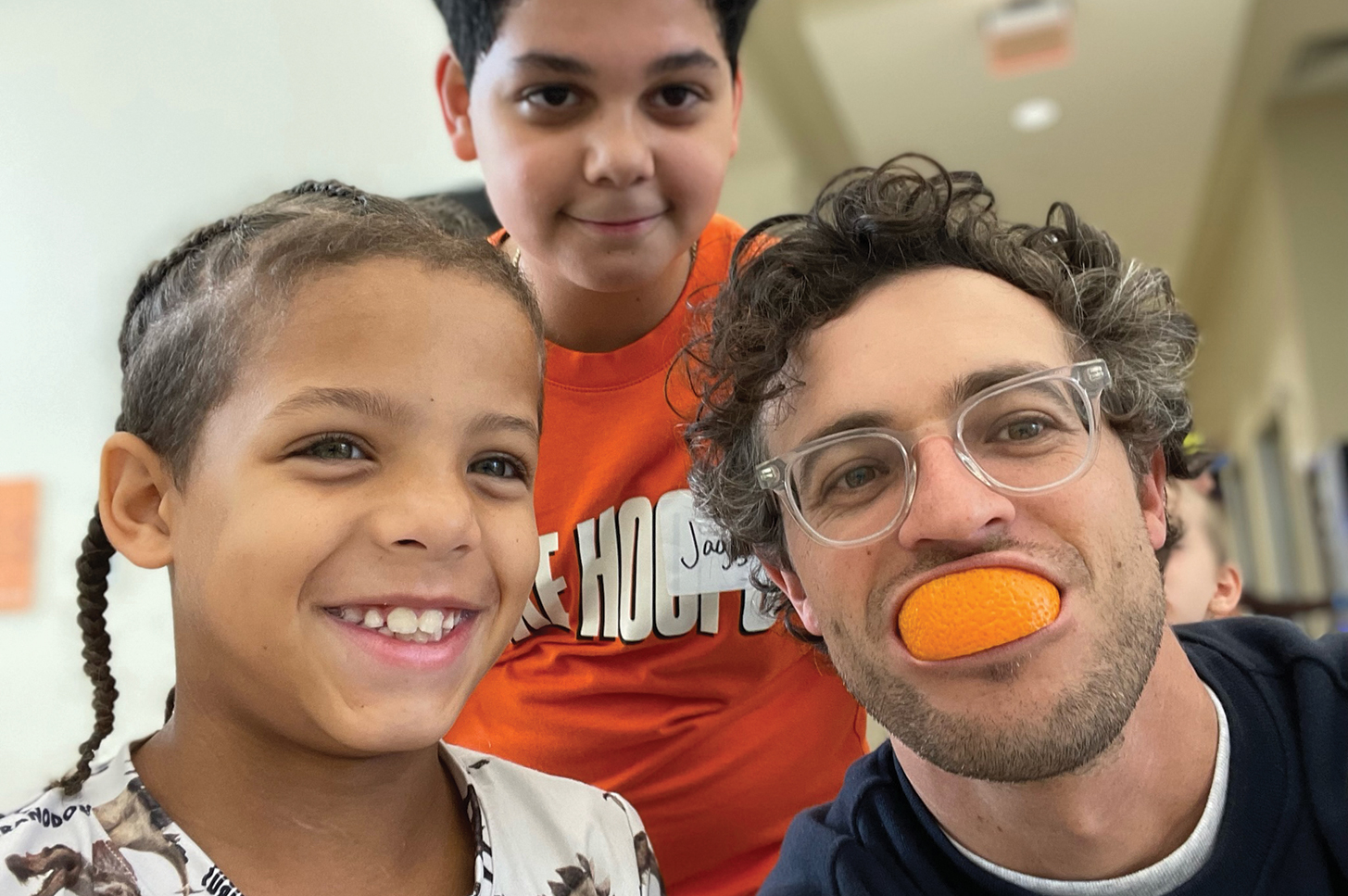
Mikey with some of his campers
He shares that after Hurricane Ian in Florida, teenagers wanted to spend the first hour of their 7 a.m. to 7 p.m. day camp on social media, catching up with friends outside the camp. So instead of enforced activity, they were left alone to do so. “They were telling us what they needed,” Mikey says.
He adds that young people don’t always react the way adults might expect. “Maybe they can’t relate to it in a way that an adult would, but they can articulate it. he observes. “They will share some things matter-of-factly. What they need is understanding that they were unsafe, and now we are creating a safe space.”
Mikey grew up in Torrance, halfway between his mom’s teaching job at Orange County’s La Quinta High School and his dad’s West Los Angeles dental practice. He considers Torrance a great place to grow up. He spent his days at the beach, learning to surf and gaining lifeguarding skills. One of his first day-camp experiences was at South Coast Botanic Gardens.
He gives a shout-out to his mom, Nora, who taught physically and developmentally disabled students. She showed Mikey that kids are just kids despite their various challenges.
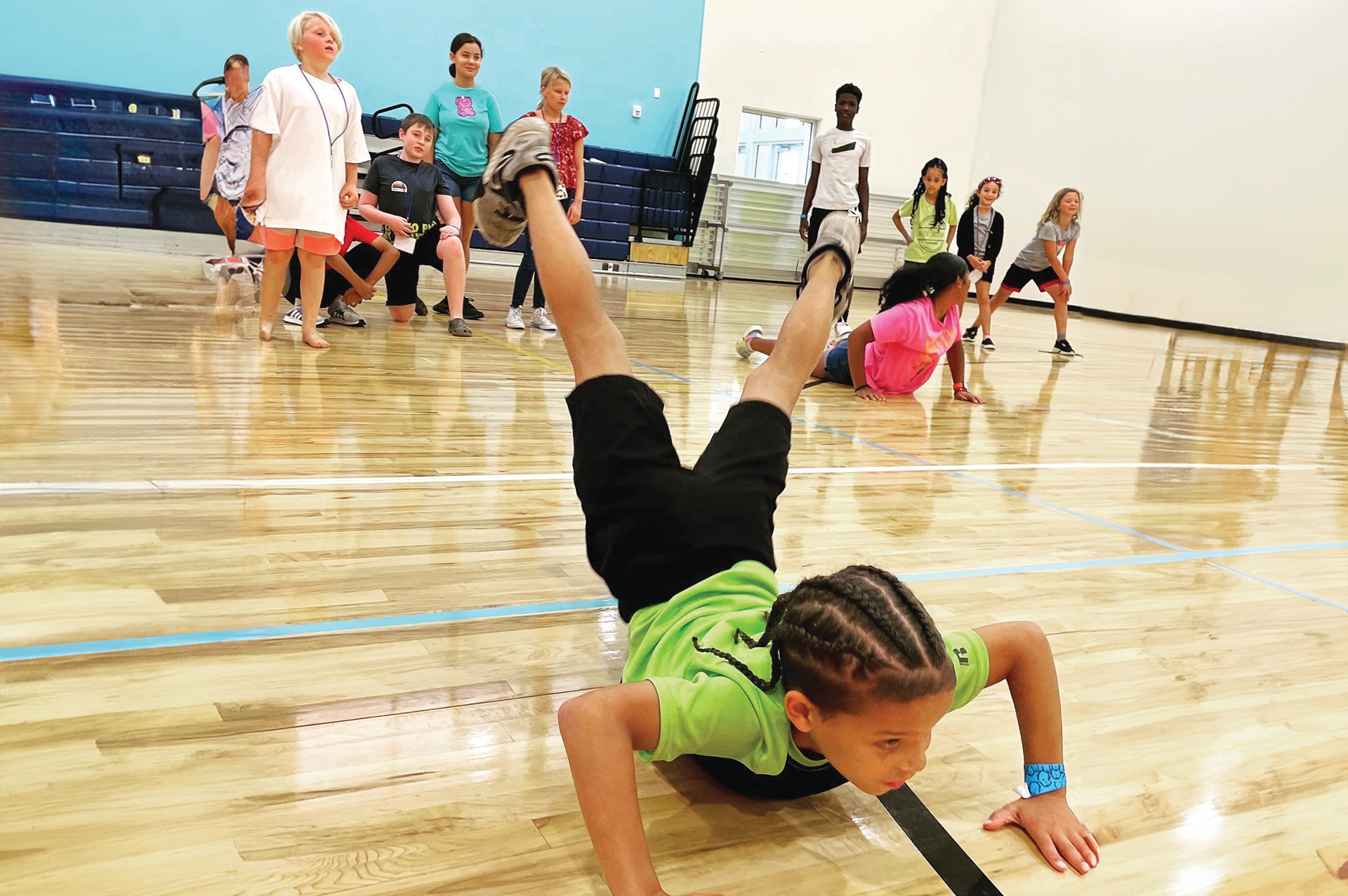
Lorraine Schneider, who serves as board chair for Project:Camp, met Mikey and Ozzie, Project:Camp’s deputy director, while working for the Walt Disney Company’s crisis management team. Mikey had reached out to Disney about supporting Project:Camp.
“The idea for Project:Camp came from realizing that children and families are pretty much neglected in the emergency management response landscape,” Lorraine says. “For him to come from that camp perspective is just so valuable.”
Two camps where Mikey has worked—Camp Newman in Santa Rosa and Gindling Hilltop Camp—lost structures to California wildfires. But “the space isn’t important,” he insists. “You can take 10 great staff members and 100 kids and put them in a parking garage or a gym, and they’ll have the experience of a lifetime.”
For more information visit projectcamp.co.






